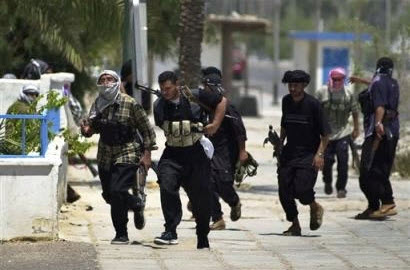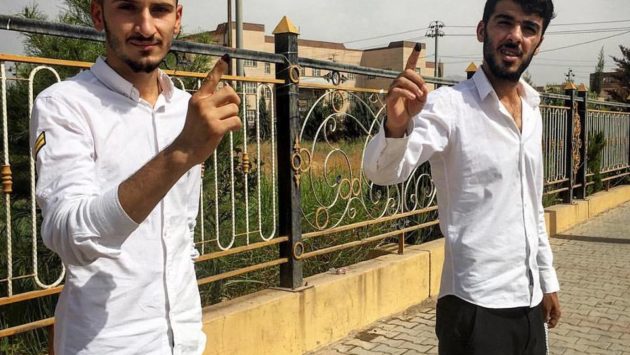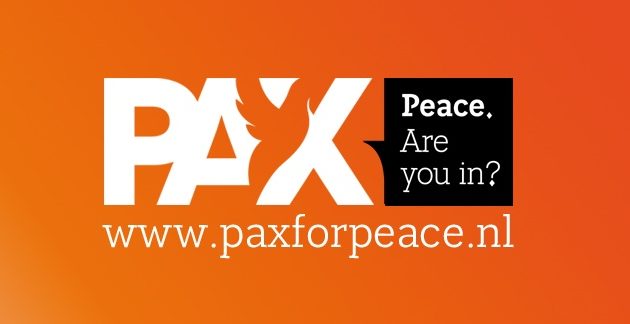Freedoms in Iraq: An Increasingly Repressive Legal Net
A Report prepared by Toby Mendel, Executive Director, Centre for Law and Democracy.
Introduction
Respect for basic human rights and freedoms in Iraq improved following the downfall of Saddam Hussein, and Iraq has aspirations to becoming a leader in the region in terms of democracy and human rights. An important milestone in this regard was the adoption of a new Iraqi Constitution in 2005, with generally strong rights guarantees.
At the same time, important limitations on the full enjoyment of rights remain, not only in practice, but also in terms of the legal framework. This is not just a matter of legal rules which date from the Saddam Hussein era. The Iraqi government has also adopted, or proposed, a number of legal rules which do not meet basic constitutional and international human rights standards.
In recent years, the government has introduced a barrage of legislation relating to the fundamental freedoms of expression and assembly. In some cases, this legislation appears to be well intentioned, while in other cases positive intentions are less apparent. Regardless, all of these new laws, most of which have not yet been adopted, are problematical from the perspective of constitutional and international human rights guarantees.
This Report reviews five pieces of legislation affecting the freedoms of assembly and expression that have been introduced in recent years in Iraq. Of these, only one, the Journalists Rights Law (Journalist Law), has actually been passed into law, in August 2011. The other four – the draft Commission of Media and Communication Law (draft CMC Law), the draft Informatics Crimes Law (draft Internet Law), the draft Political Parties Law (draft Parties Law) and the draft Law of Expression, Assembly, and Peaceful Protest (draft Assembly Law) – have not yet been formally adopted as laws.
Together, the five laws [For ease of reference, they will all be referred to in this Report as laws, even though most remain in draft form.] cover a wide range of issues including restrictions on the content of what may be published or broadcast, whether over the airwaves or the Internet or via some other media, the establishment of political parties, how to apply to hold an assembly or demonstration, restrictions on such events, the overall system for regulating broadcasting, including the oversight body and the regimes for licensing and controlling content, and special rules for journalists.
This report assesses the rules contained in these laws against constitutional and international human rights standards, in particular relating to freedom of assembly and expression. An initial section of the Report outlines the key international standards relating to the rights to freedom of expression and assembly.
The main body of the Report is broken into two parts. The first assesses problematical provisions in the five laws, with the analysis broken down into three areas: content restrictions, government control mechanisms and other problematical regulatory tools.
The second part looks at the positive measures that are required to be put in place, assessing the extent to which the five laws would provide for them. This part is broken down into four main parts – relating to the right to information, broadcast regulation, special protections for journalists and the right to assembly – along with a section assessing a number of other positive provisions under Iraqi law.
The Report is limited in scope to assessing the five laws which are its main focus. It does not assess the wider legal framework, which contains many other problematical rules affecting the rights to freedom of assembly and expression. There are a number of laws from the Saddam Hussein era which impose unacceptable restrictions on these rights – including the 1969 Penal Code, the 1968 Law of Publications and the Law on Censorship – as well as certain provisions from the Coalition Provisional Authority era, including CPA Order No. 14 on Hate Speech and Order No. 19 on Freedom of Assembly.
A key aim of the Report is to highlight the problems in the five laws from the perspective of human rights, both in their restrictive rules and insofar as they fail to put in place the positive measures required under international law for the protection of the freedoms of assembly and expression. It is hoped that, through highlighting these positive needs, attention will be brought to bear on satisfying them, rather than pushing through the problematical draft laws currently on the table.
Download the full report:
111231 CLD Report Iraq Freedoms



